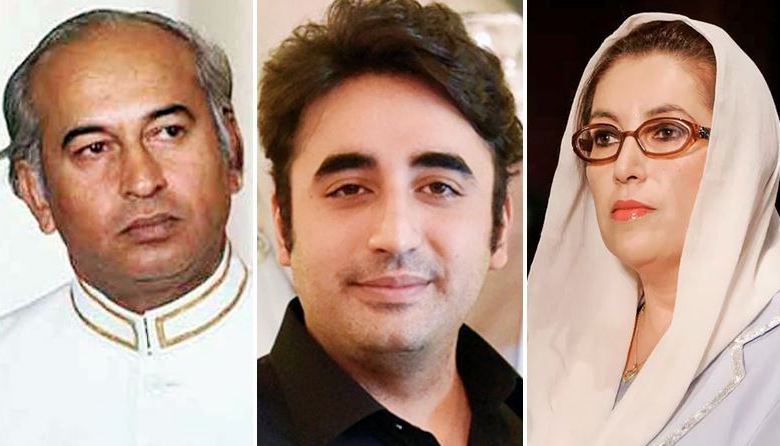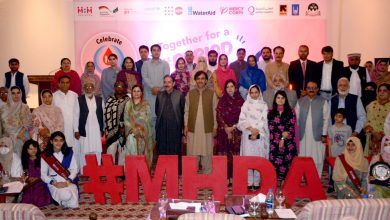Dynasty of Democracy: The Bhuttos’ Enduring Legacy in Pakistani Politics”
By Chandni Zafar
In the annals of Pakistan’s political history, the Bhutto family stands as a towering testament to resilience, leadership, and an unyielding commitment to democracy. From the charismatic Zulfikar Ali Bhutto to the pioneering Benazir Bhutto, and now Bilawal Bhutto Zardari, the Bhuttos have left an indelible mark on the nation’s political landscape.
Zulfikar Ali Bhutto, the patriarch of the Bhutto dynasty, founded the Pakistan People’s Party (PPP) in 1967, heralding a new era of democratic activism. His vision for a progressive Pakistan, encapsulated in the slogan “Roti, Kapra, Makan” (Food, Clothing, Shelter), resonated deeply with the masses. Zulfikar’s tenure as Prime Minister witnessed significant reforms, including the nationalization of key industries and the initiation of Pakistan’s nuclear program. However, his government also faced immense challenges, culminating in his controversial execution in 1979.
The torch of leadership then passed to his daughter, Benazir Bhutto, who became the first female Prime Minister of a Muslim-majority country. Benazir’s political journey was fraught with adversity, from enduring long periods of exile to facing assassination attempts. Despite these hurdles, she remained steadfast in her pursuit of democracy and social justice. Her two non-consecutive terms as Prime Minister were marked by efforts to modernize Pakistan’s economy and improve women’s rights, though her administrations were also marred by allegations of corruption and political instability.
The tragic assassination of Benazir Bhutto in 2007 was a profound loss for Pakistan and the world. Her death galvanized her son, Bilawal Bhutto Zardari, into political action. Taking the helm of the PPP at a young age, Bilawal faced the formidable task of upholding his family’s legacy while navigating the tumultuous waters of Pakistani politics.
Bilawal’s political career has been characterized by his articulate advocacy for human rights, democracy, and social equality. As a parliamentarian and party leader, he has worked to rejuvenate the PPP, emphasizing youth involvement and progressive policies. His stance on critical issues such as women’s empowerment, education, and minority rights reflects a commitment to the core values his family has championed for decades.
The Bhuttos’ journey in politics is not just a narrative of personal and political triumphs and tragedies; it is a story of the evolution of Pakistani democracy. Their legacy is intertwined with the nation’s struggles and aspirations, embodying both the potential and the challenges of democratic governance.
In a country often beset by political upheaval, the Bhutto family remains a symbol of hope and continuity. Bilawal Bhutto Zardari’s emergence as a key political figure signals a new chapter in this enduring saga. As he continues to navigate the complex dynamics of Pakistani politics, the legacy of his grandfather and mother serves as both a guiding light and a formidable benchmark.
The Bhuttos’ enduring influence on Pakistani politics underscores the powerful interplay of heritage, leadership, and the relentless pursuit of democratic ideals. Their story is a testament to the resilience of the human spirit and the enduring quest for a just and equitable society







